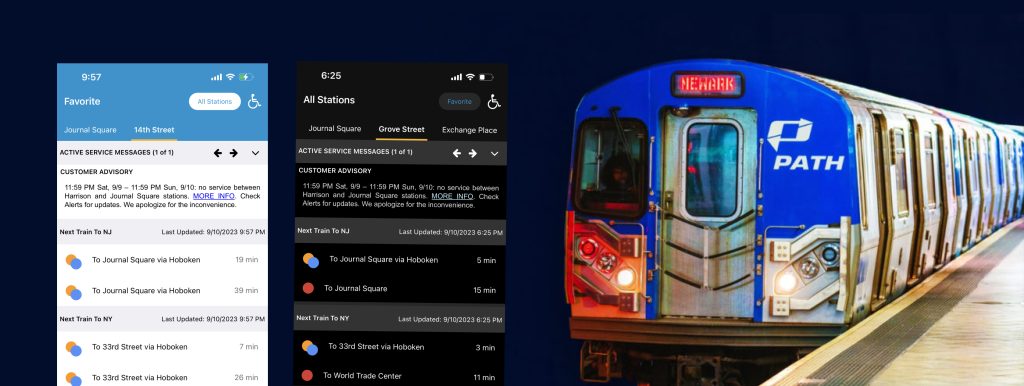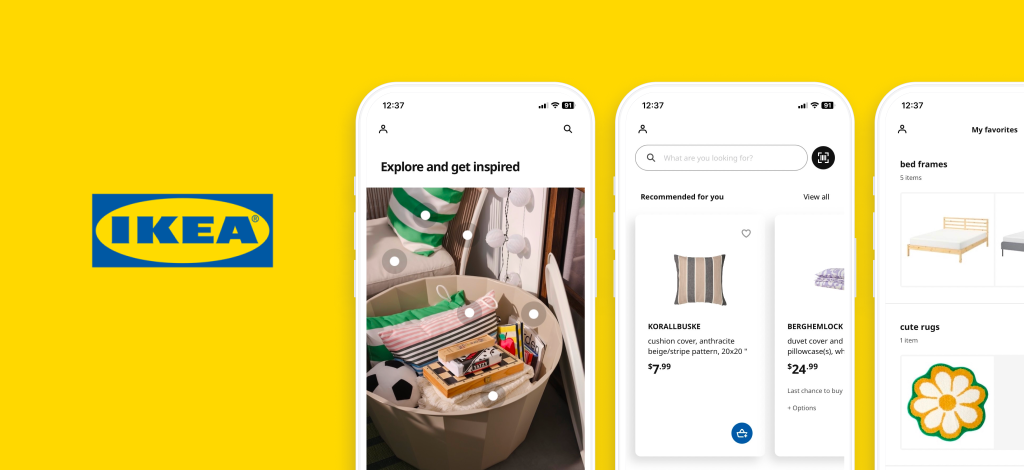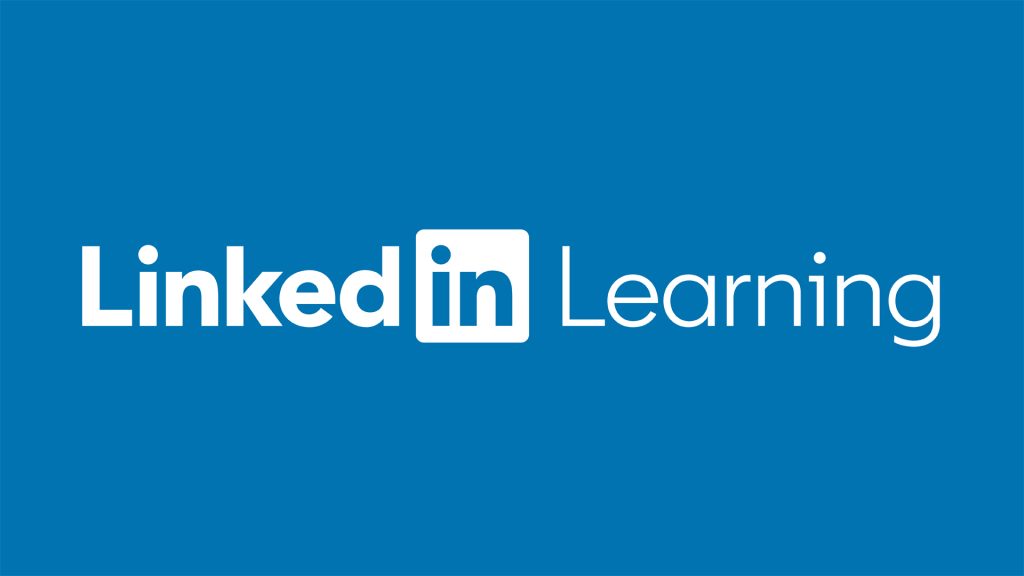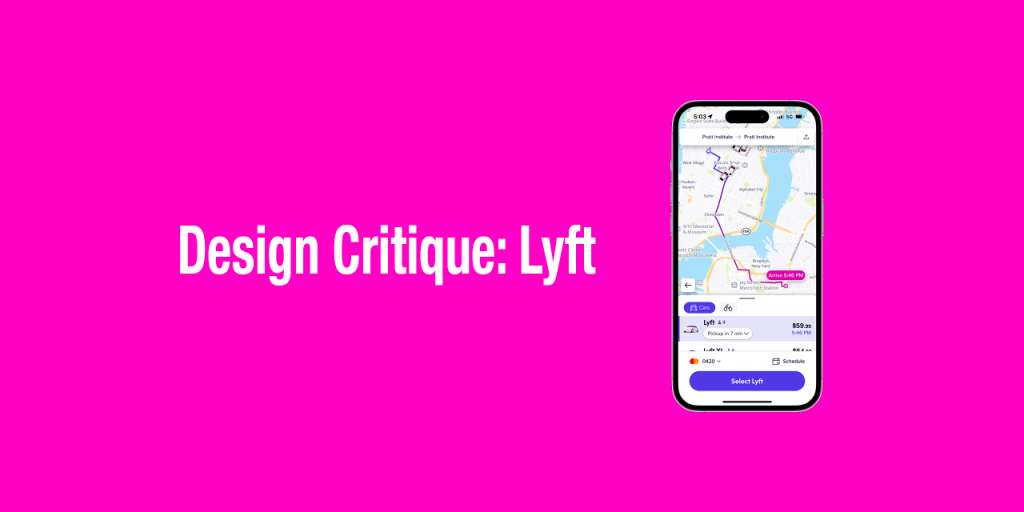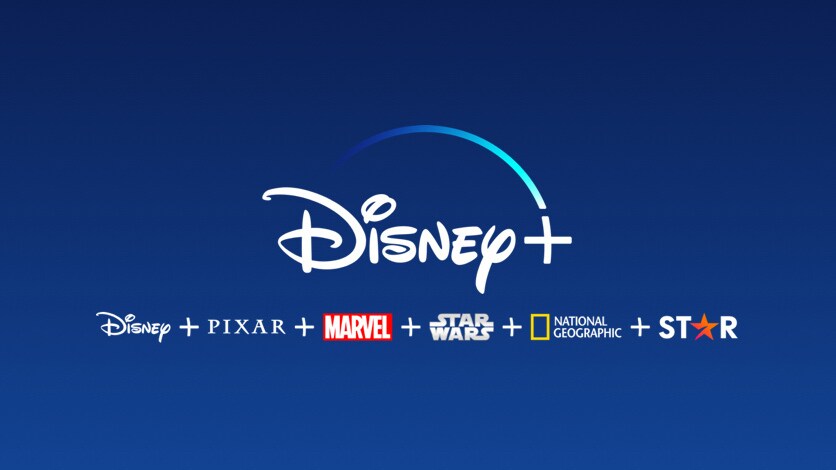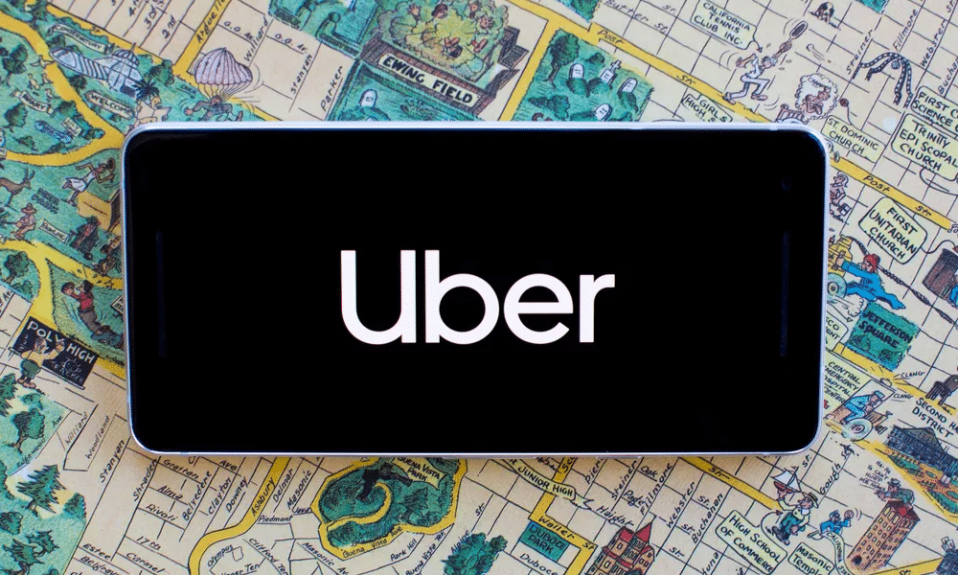Assistive Technology: Not Impossible Haptic Suit
The Not Impossible haptic suit consists of two ankle bands, two wrist bands, and a backpack that fastens with double straps over the rib cage, allowing anyone to utilize it. These suits allow the Deaf population to enjoy the enchantment of music in a fresh and fascinating way by translating music into tactile sensations. Music’s […]
Assistive Technology: Not Impossible Haptic Suit Read More »

